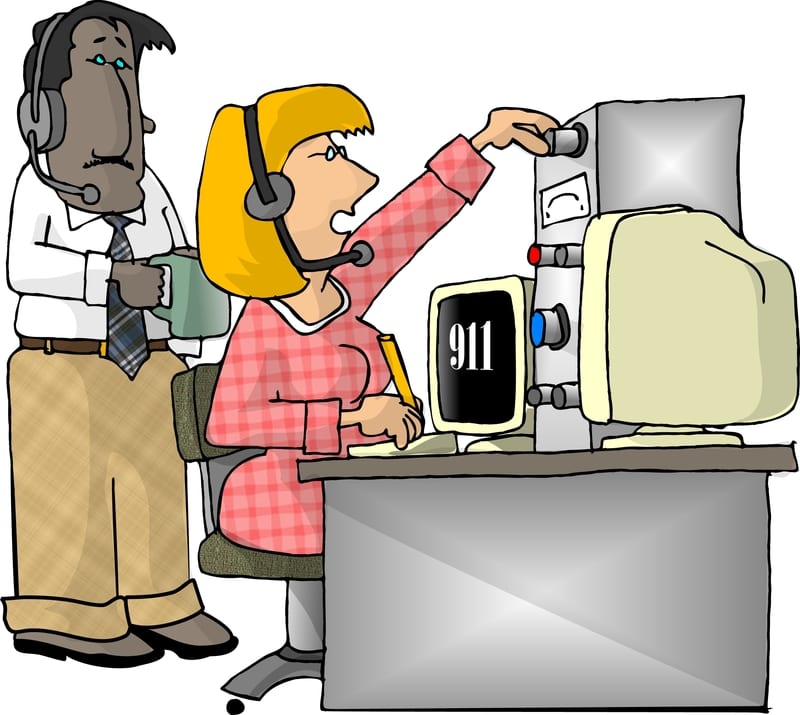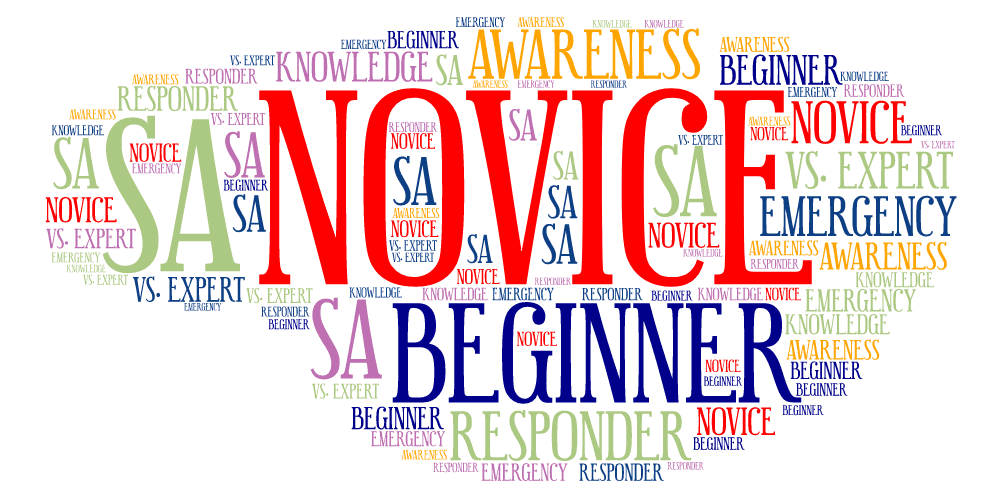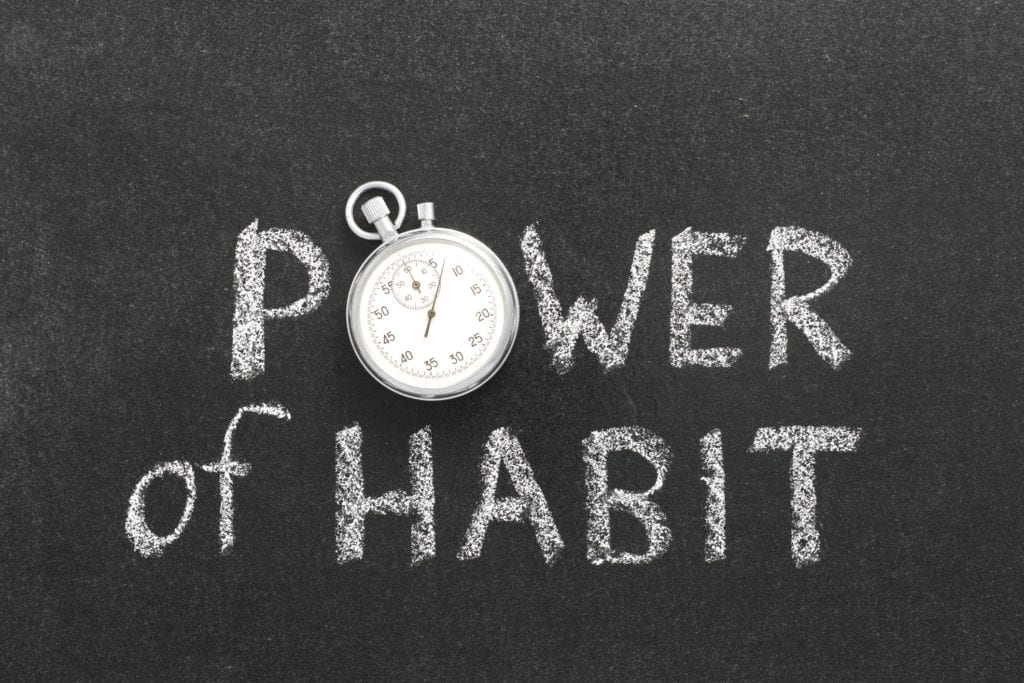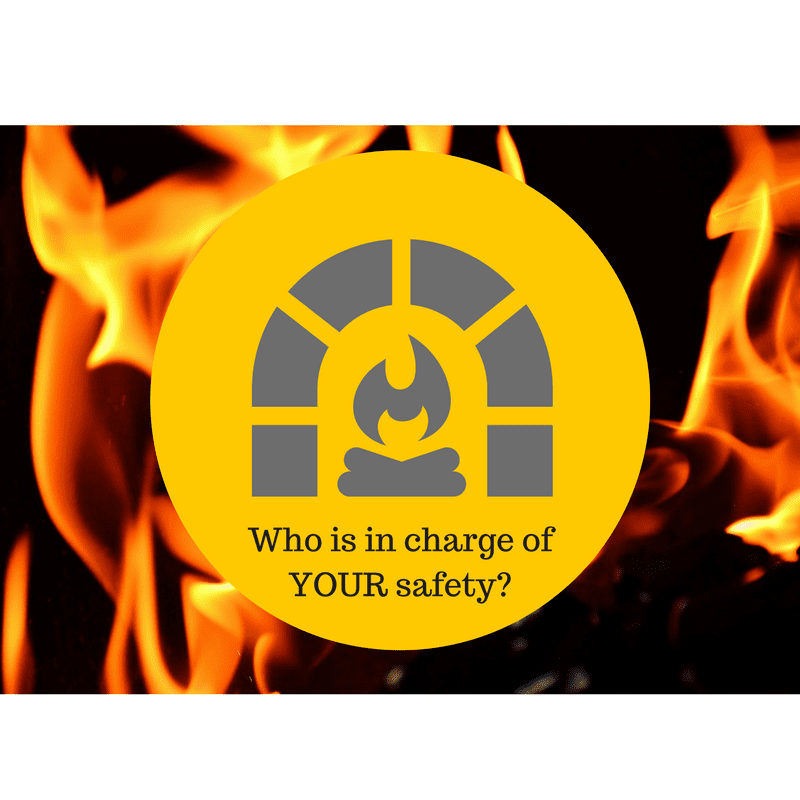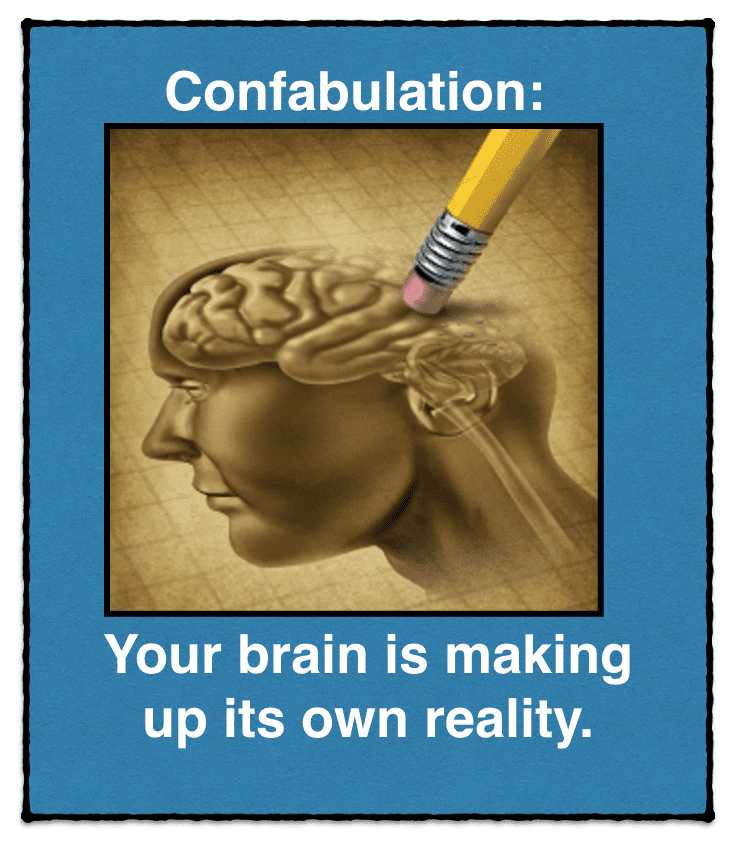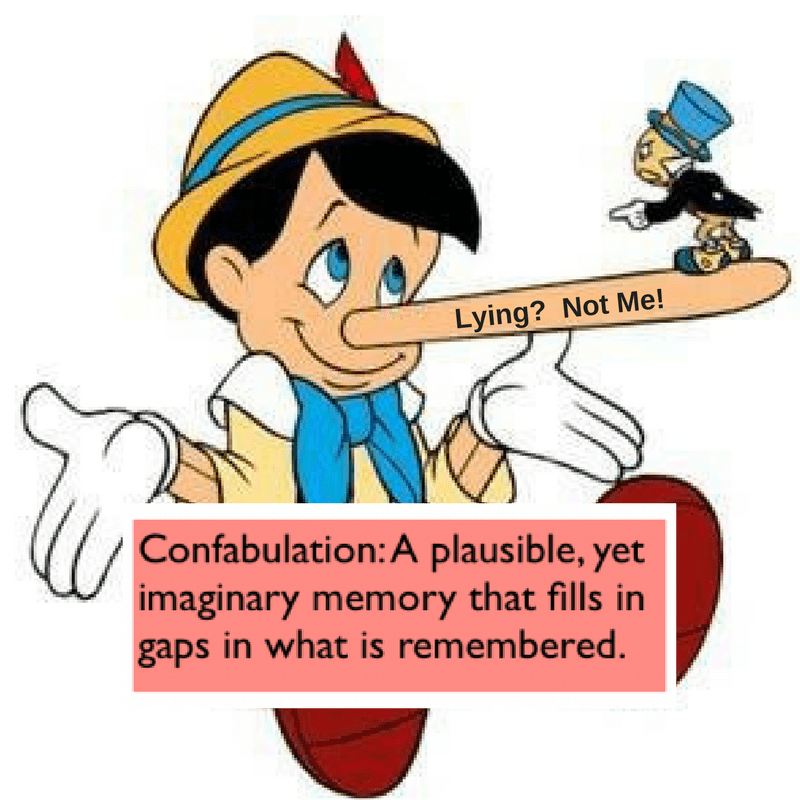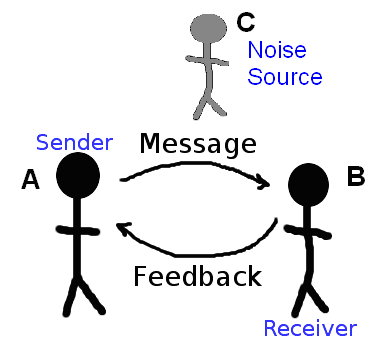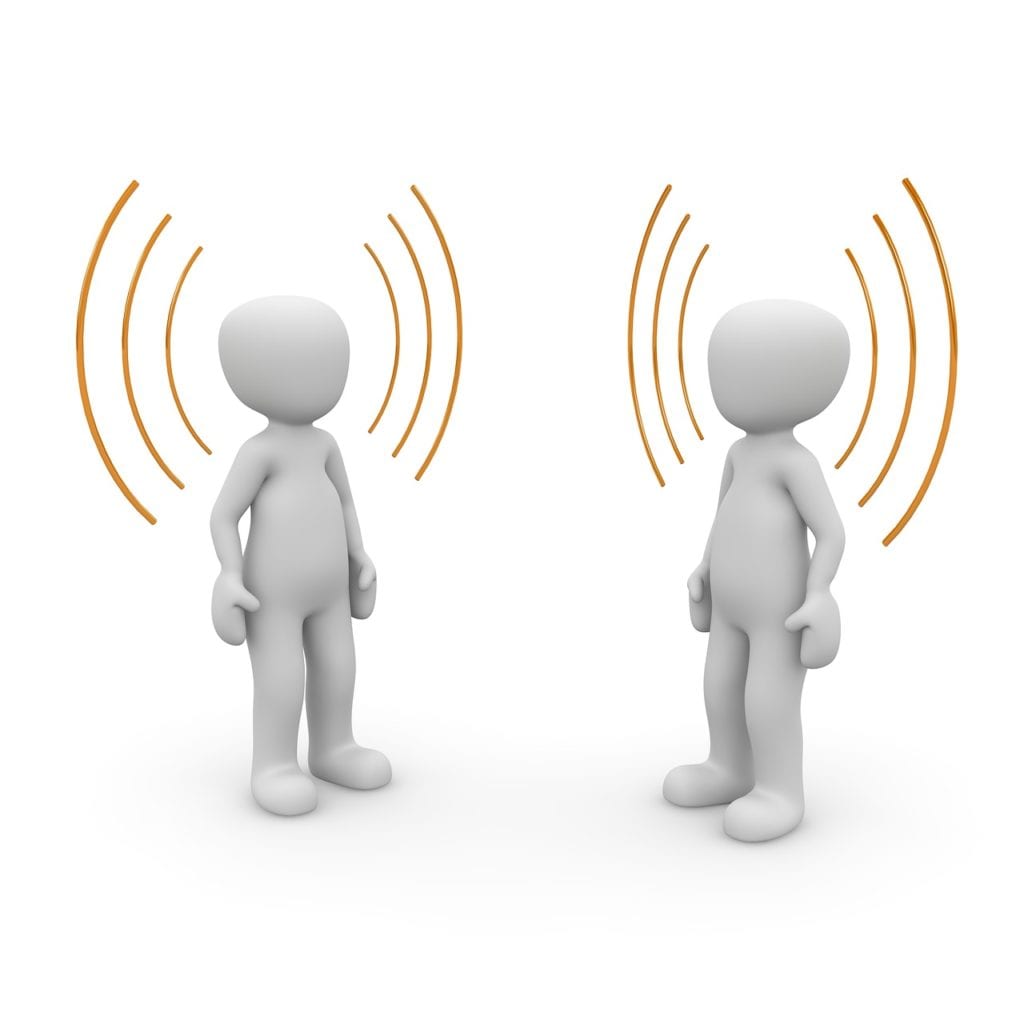Dispatchers Role in Situational Awareness
One of the situational awareness best practices discussed during the Fifty Ways to Kill a First Responder program is the role played by the dispatcher during an emergency incident. As I have discussed this many times with first responders throughout the United States I have come to the conclusion that in some jurisdictions the dispatcher […]
Dispatchers Role in Situational Awareness Read More »

